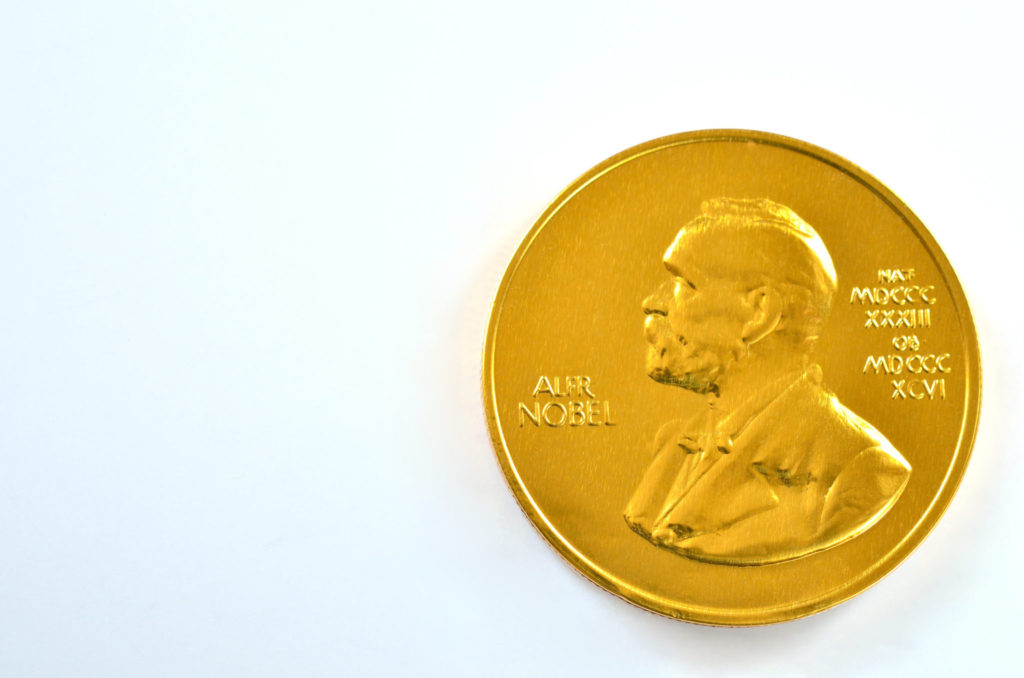You have probably seen many an ad in your local newspaper advertising a 90 day Certificate of Deposit [CD] at an annual return that is greater than what you can obtain from any bank. If so, you are probably wondering “how and why” they are making thisoffer. Here is how it typically works:
In order to take advantage of the promotion rate, prospective customers are required to make an appointment with the company and personally meet with a sales agent. There is usually a maximum amount and maturity that you are able to invest into the CD; for example, the CD value must be for less than $10,000 and for periods of no longer than 3 or 6 months. You are, of course, allowed to purchase a CD for an amount greater than the maximum; however, the promotional incentive is usually only available on the first $10,000. Any amount over that will be at a lower interest rate.
The sales agents will assist you in opening the CD with a banking institution. It is important to note that the company the sales agents are affiliated with are not banks, nor are they sales representatives of any bank.
The CD that you open with the bank will have a stated yield that is less than the advertisedpromotional rate. The sales agent’s company will send you a check for the difference between the yield paid by the banking institution to you on your CD and the return that they advertise. They do not broker the CD and they state that they make no compensation from the bank on the CD you open with the bank. The only part of this transaction that is guaranteed is the CD. The yield differential is a promise from the soliciting company offering to get you a CD with a higher than market rate.
Why are companies willing to do this? The best way to answer this question is to start by telling you a story. Do you remember way back when, when we were all younger, and our local banks would offer us a promotional incentive if we opened a checking or savings account in their bank? Sometimes they would give away a toaster, a coffee pot, or some other kitchen appliance. This was simply an incentive for you to come into the bank and establish a relationship with their institution. Those days are gone, but these companies are no different.
The promotional incentive check that they offer is their “toaster”. They offer it to you, so that they have an opportunity to meet and establish a relationship with you to potentially sell you other investment products. It’s kind of like a “free weekend” at the resort if youwill listen to the pitch for a time share unit.
In the investment world, you can be sure, if it sounds too good to be true, it usually is!

